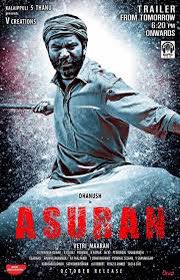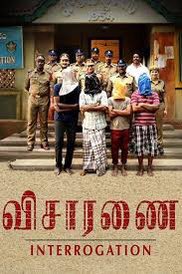BREAKING NEWS: SC, ST, OBC Candidates Get Lower Marks in Interviews Despite Performing Well in Written: #Caste Discrimination in University of Hyderabad's PhD Admissions Revealed by RTI Filed by @asahcu @dpradhanbjp @EduMinOfIndia @ugc_india @NCSC_GoI @ahir_hansraj
Thread 🧵⬇️
Thread 🧵⬇️

The Ambedkar Students' Association collated data from multiple RTI applications and found that students belonging to reserved categories are marked much lower in interviews than those in the general category despite similar marks in the entrance exam. 





Some faculties have marked SC, ST, OBC candidates with zero marks, and in extreme cases, seven out of eight interview panelists awarded zero marks for an SC student. 







An OBC student who scored high in the entrance exam was given only 2.4 marks in the interview, while another faculty gave zero marks to 14 out of 18 students in the Centre for Women's Studies. 







Some departments did not award marks to reserved category students and marked them as "not suitable" in violation of UGC norms.
The role of cognitive biases in perpetuating caste discrimination must be addressed through training programs and awareness campaigns to ensure all students have an equal opportunity to succeed.
The University and @EduMinOfIndia must take immediate action to address the issue of caste discrimination in its PhD admission process and ensure a fair and just system for all students. #CognitiveBias #CasteDiscrimination #PhDAdmissions #UniversityOfHyderabad @university
Data analysis based on empirical facts by @arvind_kumar__ reveals a correlation between the category of candidates and their interview scores in the Civil Services interviews conducted by UPSC as well. #UPSC #CivilServices #CasteBias theprint.in/opinion/your-u…
अनरिजर्व कटेगरी का इंटरव्यू! 😃UPSC
इंटरव्यू में इन्हें सबसे ज़्यादा नंबर मिले। aajtak.in/amp/education/…
इंटरव्यू में इन्हें सबसे ज़्यादा नंबर मिले। aajtak.in/amp/education/…
More details. The Ambedkar Students’ Association (ASA) of the #UniversityOfHyderabad published a seven-page report on the discriminatory grading system in the institution’s Ph.D. admissions.
newindianexpress.com/cities/hyderab…
newindianexpress.com/cities/hyderab…
Find the pdf here.
https://twitter.com/asahcu/status/1641695855999856640
• • •
Missing some Tweet in this thread? You can try to
force a refresh

 Read on Twitter
Read on Twitter


















